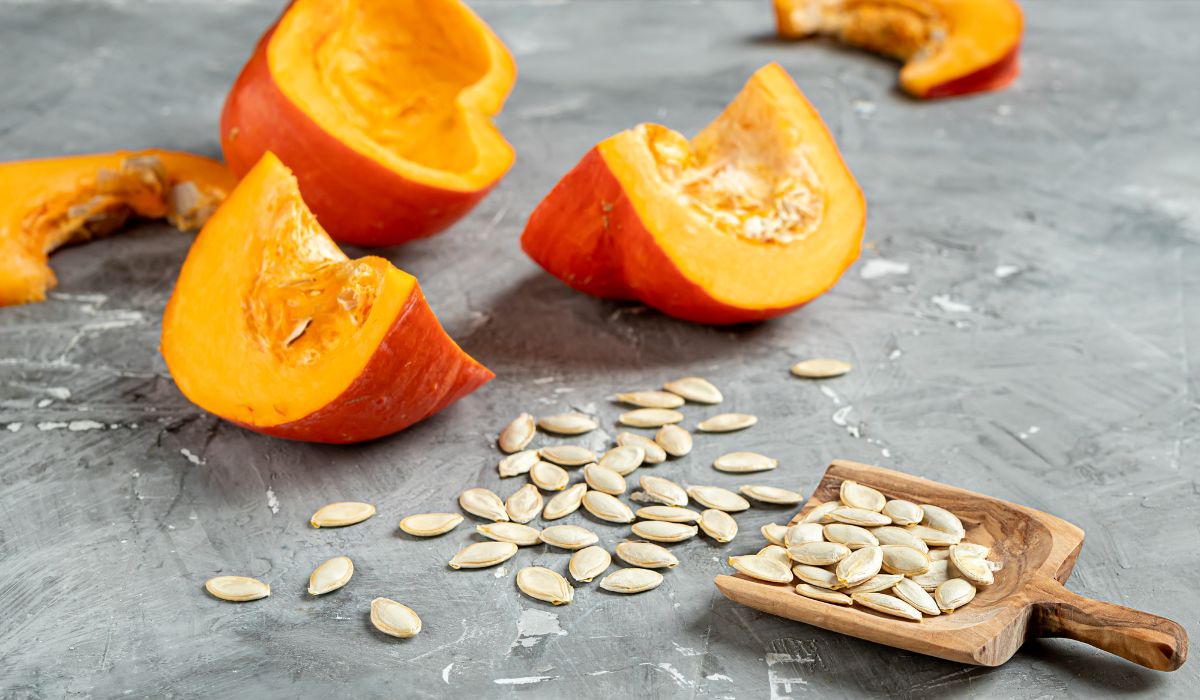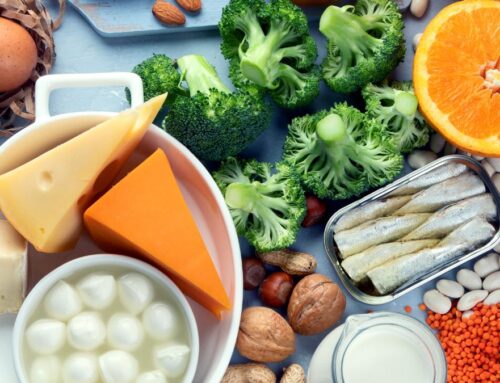It’s Fall, which means pumpkin-flavored everything. Fortunately, that’s actually great news from a health standpoint, too! Pumpkin is a nutrient-packed superfood that can be just as delicious as it is good for you.
What’s In It?
Pumpkin is known for containing important vitamins and minerals like:
- Iron
- Magnesium
- Vitamin A
- Zinc
- Vitamin C
- Fiber
- Potassium
Technically, every part of a pumpkin plant is edible. Including the stems and leaves. But most of us prefer the seeds and inner “meaty” part of this fruit (yes, pumpkin is technically a fruit!)
How do all of these nutrients impact our bodies? Magnesium is important for strong teeth and bones and it’s found in abundance inside pumpkin seeds. Plus, Vitamins A and C can help boost your immune system, reduce inflammation, and promote healthy gum tissues. Fiber really helps our digestive system work properly, also.
Healthy Pumpkin Recipes
Here are just a few simple and healthy ways to use fresh pumpkin for feeding your family:
Keep in mind that baked treats like loaves of bread or pies (including the whipped topping we choose) often contain higher amounts of processed carbs and sweeteners, which can promote more plaque on teeth. If you eat them frequently, they could contribute to tooth decay. But in moderation—and paired with good oral hygiene—it’s fine to splurge now and then. Just remember that natural purees and roasted seeds are typically a healthier option over sweetened, processed pumpkin alternatives.
One of the great things about pumpkins is that everyone in your family can enjoy them. So, this fall, make the most out of your pumpkin decorating and carving by considering adding some baking traditions to get the full nutritional potential out of your jack-o-lanterns and gourds. And if you just can’t get enough, an uncut pumpkin can be stored for up to six months so long as it’s kept in a cool, dry place.






